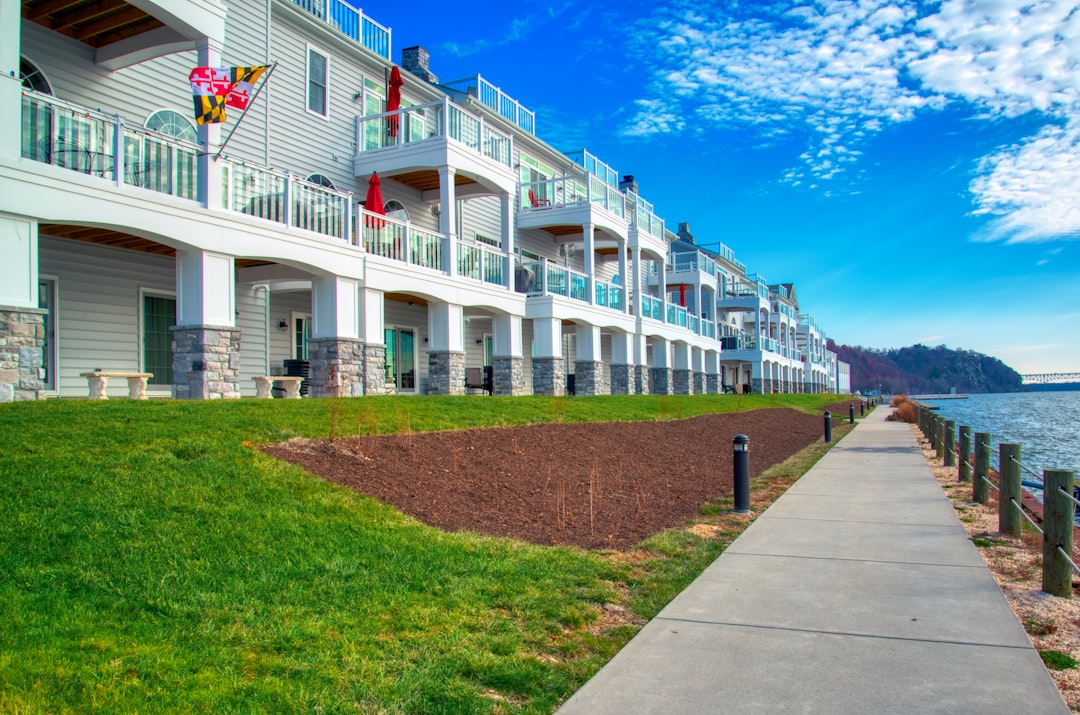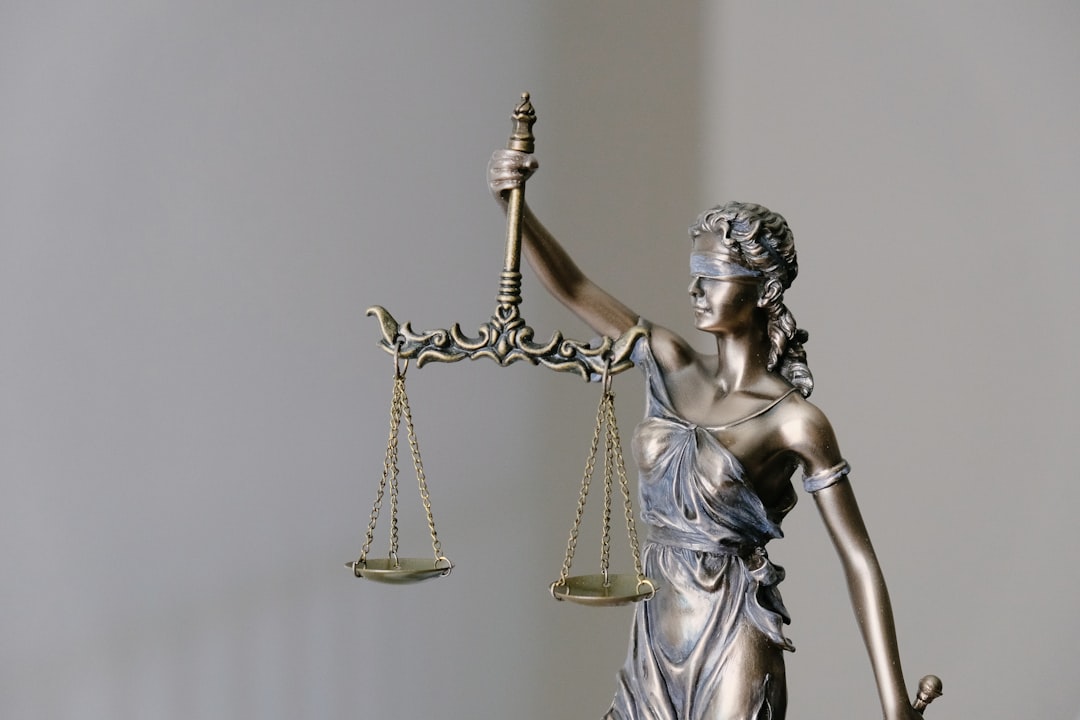Collaborative law, an alternative dispute resolution method, gains traction in handling complex cases like massage spa abuse disputes in Maryland. This approach fosters cooperation between victims and accused, facilitated by a team of trained professionals including specialized massage sexual assault lawyers in Maryland. By focusing on negotiations, communication, and victim needs, it offers a safer, more healing environment compared to traditional litigation. These lawyers provide strategic legal advice based on state laws and unique case circumstances, helping victims seek justice and closure without the stress and costs of litigation.
In Maryland, massage spa abuse disputes require a sensitive and efficient approach. Collaborative Law emerges as an innovative alternative dispute resolution method, offering a private, cost-effective solution for victims seeking justice. This article explores how this unique legal process can facilitate healing while resolving complex cases of sexual assault in Maryland’s massage spas. We delve into the role of specialized massage sexual assault lawyers who navigate these delicate matters, ensuring fairness and support for survivors.
Understanding Collaborative Law: An Alternative Dispute Resolution Approach

Collaborative law is an innovative and alternative dispute resolution approach that has gained significant traction in recent years, especially in complex cases like massage spa abuse disputes. Unlike traditional litigation, which can be lengthy and adversarial, collaborative law encourages cooperation between all parties involved—in this context, the victim of sexual assault and the accused (massage spa owners or employees). The process brings together a team of trained professionals, including lawyers specializing in massage sexual assault cases in Maryland, mediators, and mental health experts, to facilitate negotiations.
This method allows for more control over the outcome, fosters better communication, and promotes a resolution that meets the needs of all parties. Massage spa abuse victims can benefit from this approach as it provides a safer and less intimidating environment than court proceedings. Collaborative law ensures that the focus remains on healing and achieving justice, making it an attractive option for those seeking a more constructive path to resolve such sensitive matters.
Massage Spa Abuse Disputes: Navigating Legal Options in Maryland

In Maryland, massage spa abuse disputes can involve serious issues such as sexual assault or harassment. When facing such allegations, it’s crucial to understand the legal landscape and available options. One effective approach is Collaborative Law, which offers a mutually agreed-upon, out-of-court resolution process aimed at preserving relationships while ensuring justice.
Massage sexual assault lawyers in Maryland play a vital role in guiding clients through this complex process. These specialists have in-depth knowledge of state laws and the unique challenges of these cases. They help victims navigate the legal system, providing strategic advice tailored to their circumstances. By employing Collaborative Law techniques, individuals can potentially avoid the stress and costs associated with litigation while still seeking justice and closure.
The Role of Sexual Assault Lawyers in Maryland Massage Spa Cases

In Maryland, when a client alleges massage therapy abuse or sexual assault at a spa, having specialized legal support is invaluable. Massage sexual assault lawyers in Maryland play a pivotal role in navigating complex legal landscapes surrounding such sensitive issues. These attorneys are equipped to handle cases that often involve heinous crimes, ensuring victims receive justice and adequate compensation.
Their expertise lies in understanding the nuances of both criminal and civil laws pertaining to sexual assault within the context of massage spas. They guide clients through every step, from filing police reports to representing them in court or during negotiations for out-of-court settlements. These lawyers also ensure that victims’ rights are protected and that they receive the support needed to heal and rebuild their lives.






